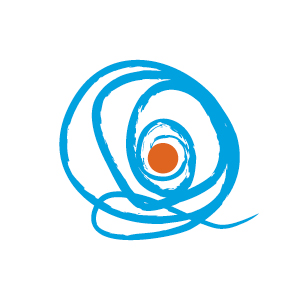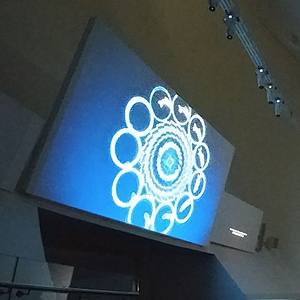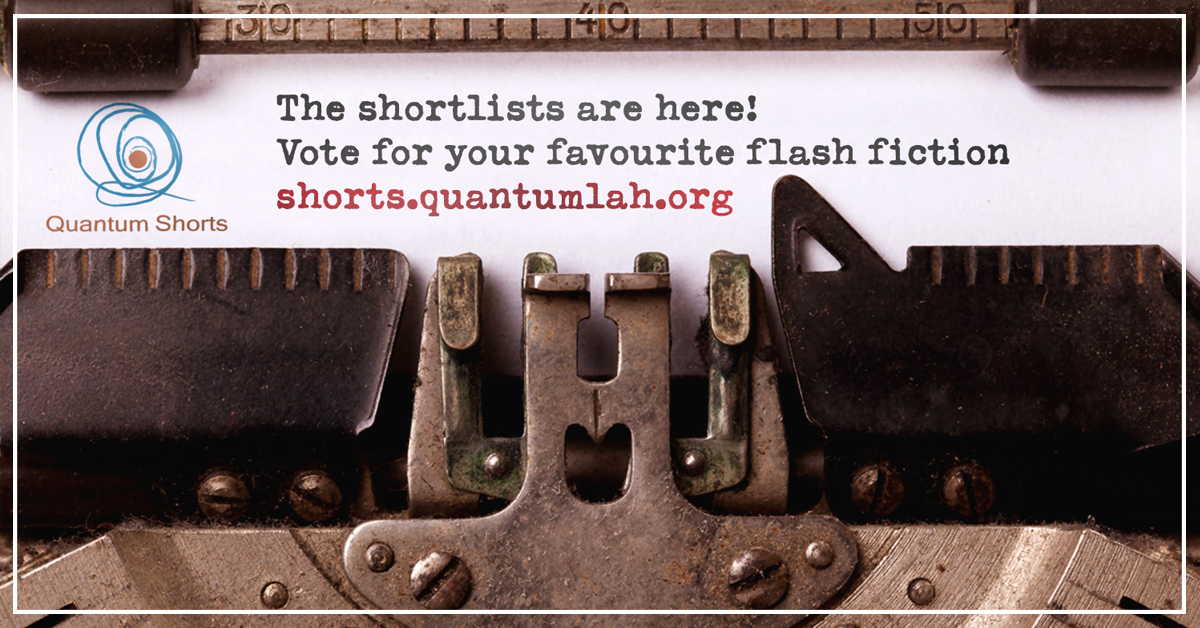Highlights
Read the finalists in the Quantum Shorts flash fiction competition
The shortlisting panel members of the Quantum Shorts flash fiction competition, organised by CQT with international media and scientific partners, have read thousands and thousands of words across hundreds of stories to choose the shortlists from our 2017 call for entries.
We are thrilled to announce ten finalists in the competition’s open category and eight in the youth category, coming from writers around the world. Each story takes inspiration from quantum physics, is no more than 1000 words long, and includes the phrase “There are only two possibilities: yes or no”.
The shortlisted writers have already won prizes, with more to be decided by the competition judges including CQT's Director Artur Ekert, physicist and author Brian Greene and represenatives of our media partners Nature and Scientific American. You can also help someone get more reward for their writing: vote in the People’s Choice prize before 23:59 GMT on Thursday 15 February. The story that gets the most support will win a People’s Choice prize of $500.
Read all the shortlisted stories and vote for your favourite at shorts.quantumlah.org
Be warned: you may find it a difficult decision. “This year's quantum shorts were so amazing that, as I see it, there are only two possibilities: Either a lot of quantum physicists have turned writers, or many writers have picked up some serious quantum mechanics backgrounds. Both possibilities are really exciting,” says Spiros Michalakis, a quantum physicist and outreach manager at the Institute for Quantum Information and Matter at Caltech, which is a scientific partner of the competition.
The judging panel was full of praise for the entries. Singaporean writer Tania De Rozario described the stories as “engaging and diverse”, while Tobi Day-Hamilton at the Institute for Quantum Computing commended the “wonderful mix of story approaches and styles and themes”. Julia Cramer at QuTech observed that some were “very beautifully written”, and physicist Matt Edgar at QuantIC said there were “some exceptional pieces which could easily form the basis of an entire book”.
The winners will be announced in March.
Learn more
Related Stories
 | Twenty stories make the finals of the Quantum Shorts contest December 24 2015 |
 | Quantum Shorts screen at Singapore's ArtScience Museum March 01 2017 |







